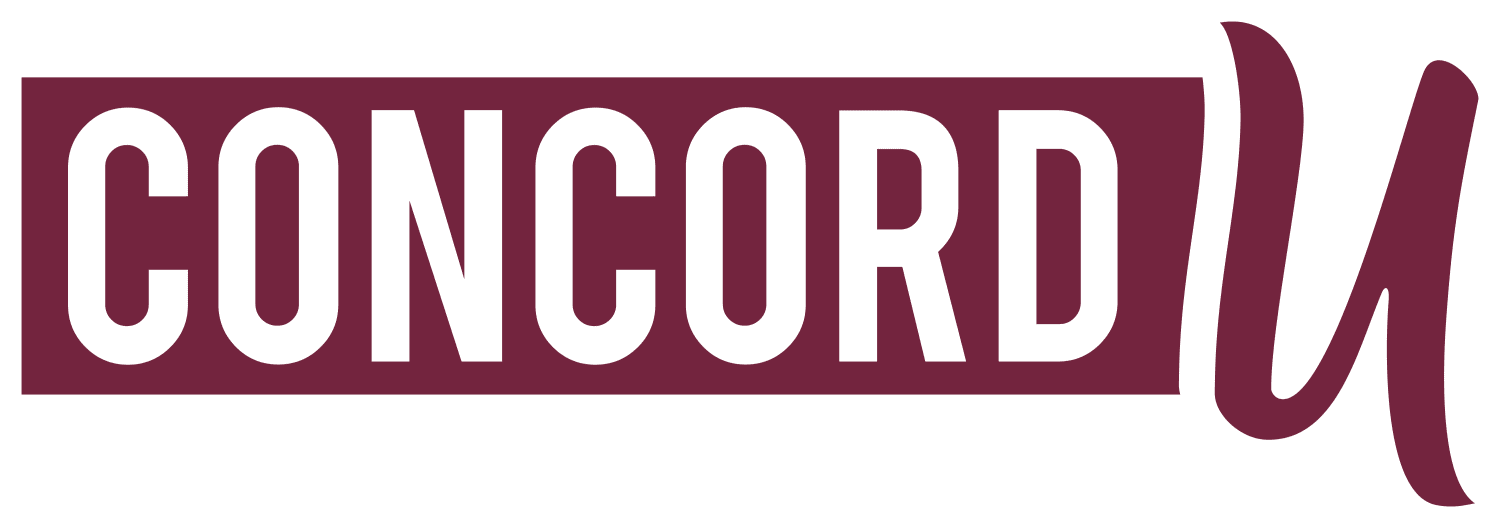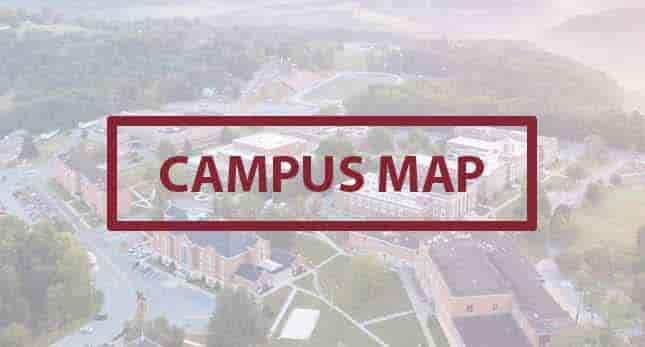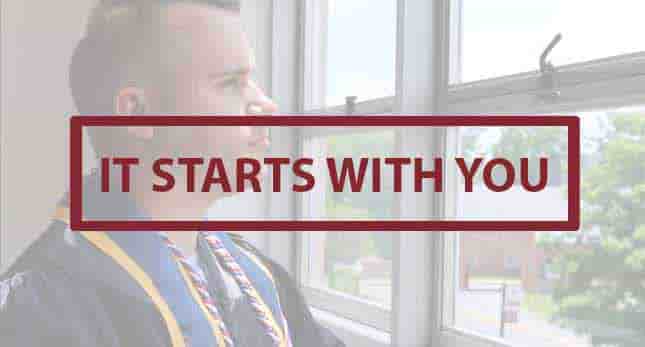Standard 1: Content and Foundational Knowledge Wellness education candidates demonstrate an understanding of common and specialized content, and scientific and theoretical foundations for the delivery of an effective preK-12 health and physical education program. (CU Goal: 1)
Standard 2: Skillfulness and Health-Related Fitness Wellness education candidates are physically literate individuals who can demonstrate skillful performance in physical education content areas and health-enhancing levels of fitness. (CU Goal: 1)
Standard 3: Planning and Implementation Wellness education candidates apply content and foundational knowledge to plan and implement developmentally appropriate learning experiences aligned with local, state and/or SHAPE America’s National Standards and Grade-Level Outcomes for K-12 Health and Physical Education through the effective use of resources, accommodations and/or modifications, technology and metacognitive strategies to address the diverse needs of all students. (CU Goal: 2)
Standard 4: Instructional Delivery and Management Wellness education candidates engage students in meaningful learning experiences through effective use of pedagogical skills. They use communication, feedback, technology, and instructional and managerial skills to enhance student learning. (CU Goal: 3)
Standard 5: Assessment of Student Learning Wellness education candidates select and implement appropriate assessments to monitor students’ progress and guide decision making related to instruction and learning. (CU Goal: 2)
Standard 6: Professional Responsibility Wellness education candidates demonstrate behaviors essential to becoming effective professionals. They exhibit professional ethics and culturally competent practices; seek opportunities for continued professional development; and demonstrate knowledge of promotion/advocacy strategies for health and physical education and expanded physical activity opportunities that support the development of physically literate individuals. (CU Goal: 4)


